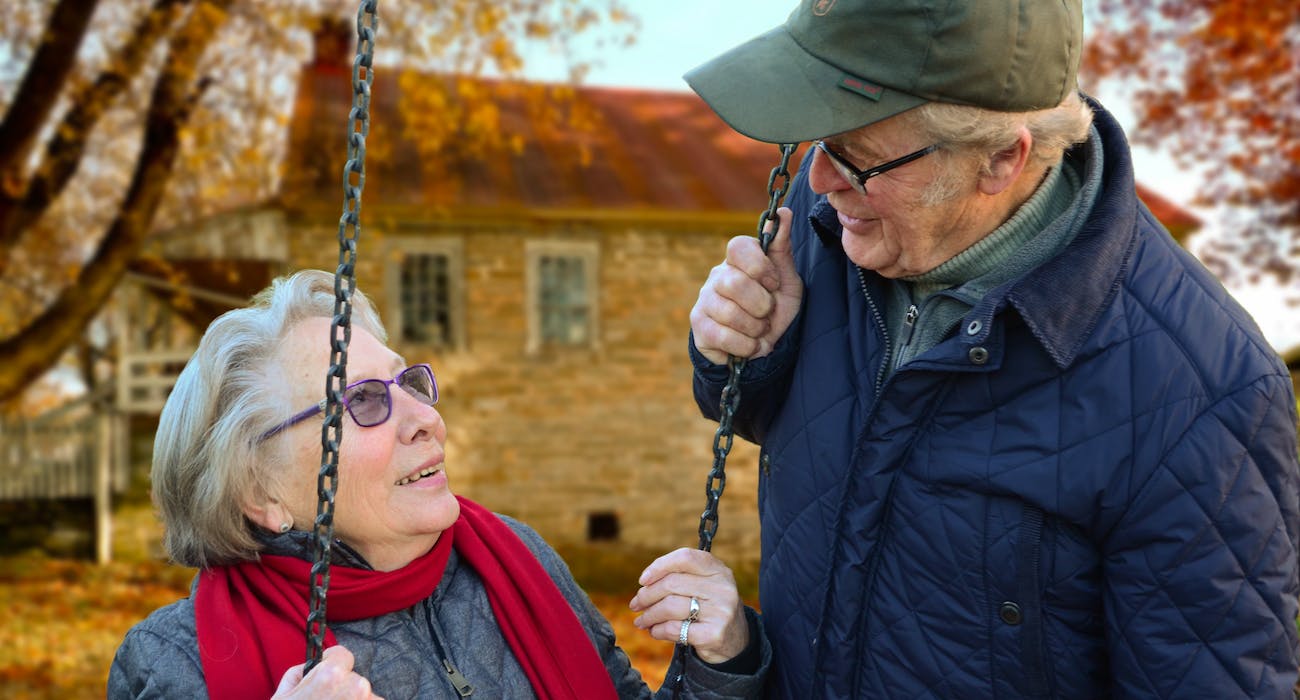Our bodies undergo a variety of changes as we age, and one common issue that many older adults face is pain. Pain can be caused by several factors, including chronic health conditions, injuries, and general wear and tear on the body. As we get older, our bodies become less able to handle these stressors and may experience more frequent or severe pain.
Understanding Aging: Changes in Our Bodies
As we age, our bodies go through several changes that can affect how we experience pain. These changes include:
- Decreased muscle mass: As we get older, our muscles start to lose mass and strength. This can make it more difficult to perform physical tasks and may contribute to feelings of weakness or fatigue.
- Reduced bone density: As we age, our bones become more fragile and are at a higher risk for fractures or breaks. This can lead to chronic pain conditions such as osteoporosis.
- Changes in hormone levels: Hormones play a significant role in our body's ability to manage pain. As we age, our hormone levels may decrease, affecting how we perceive and respond to pain.
- Loss of cartilage: Cartilage is the cushioning tissue found in our joints, and it naturally wears down over time. This can lead to joint pain and stiffness, particularly in weight-bearing joints like the knees and hips.
- Nerve damage: Our nerves can become damaged as we age, leading to conditions such as neuropathy which causes chronic pain, numbness, and tingling.
Managing Pain as We Age
While we may not be able to prevent all of the changes that occur in our bodies as we age, there are ways to manage and alleviate pain. One effective method is seeking treatment from a neuropathy specialist in Tulsa.
Neuropathy is a nerve disorder that can cause chronic pain, weakness, and other symptoms. A specialist can diagnose and treat this condition, providing relief from the associated pain.
Other ways to manage pain as we age include:
- Staying active: Regular physical activity can help maintain muscle mass and strength, improve bone density, and release endorphins that naturally reduce pain.
- Maintaining a healthy weight: Carrying excess weight puts additional stress on our joints, leading to increased pain. It's important to maintain a healthy weight through a balanced diet and regular exercise.
- Practicing good posture: Poor posture can lead to muscle strain and tension, resulting in pain. Maintaining good posture can help reduce these issues.
- Using over-the-counter or prescription medications: Over-the-counter pain relievers like ibuprofen or acetaminophen can help manage mild pain. For more severe or chronic pain, a doctor may prescribe stronger medications.
- Exploring alternative treatments: Some people find relief from chronic pain through alternative treatments such as acupuncture, massage therapy, or chiropractic care.
Taking Care of Your Body as You Age
In addition to managing and treating pain, it's important to take care of your body as you age to prevent further issues and maintain overall health. This includes:
- Eating a nutritious diet: A balanced diet rich in fruits, vegetables, lean proteins, and healthy fats can help keep our bodies functioning properly.
- Staying hydrated: Drinking enough water throughout the day is essential for maintaining many bodily functions and can also help with pain management.
- Getting enough sleep: Quality sleep is important for our overall health and can help reduce pain and inflammation in the body.
- Practicing stress management techniques: Stress can worsen pain, so it's important to find healthy ways to manage stress such as meditation, yoga, or deep breathing exercises.
Pain is a natural part of the aging process, but it doesn't have to control our lives and KOAPRO products are extremely beneficial for varied ailments. By understanding the changes that occur in our bodies as we age and taking proactive steps to manage and care for ourselves, we can improve our overall quality of life and continue to live an active and fulfilling lifestyle. So don't let pain hold you back - take charge of your health and well-being as you age!


